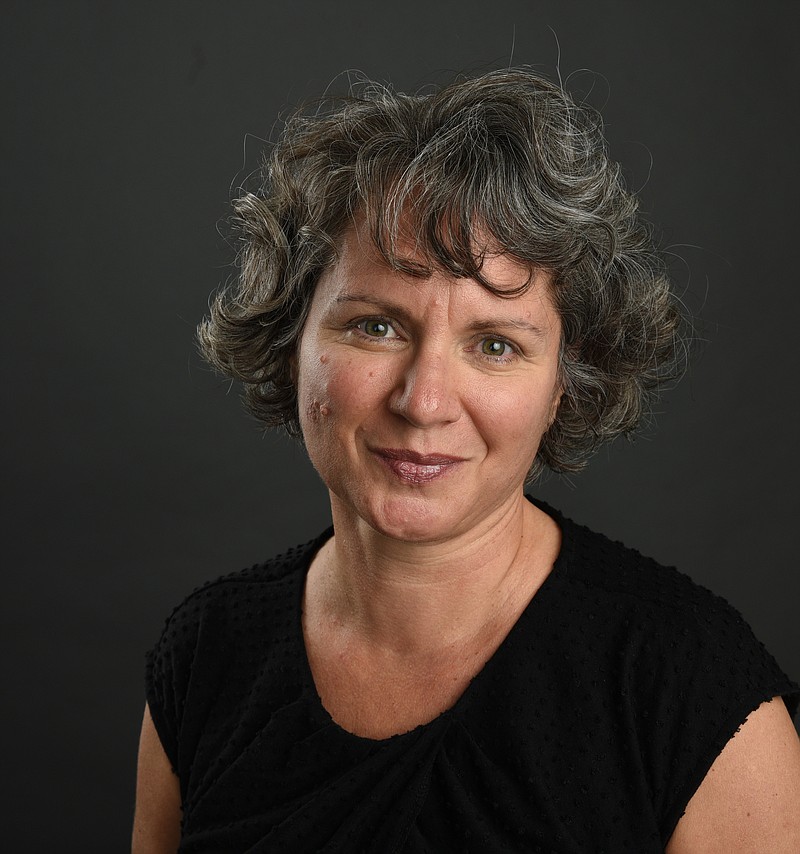Two of my favorite things are Warren Buffett and investing. It helps that Warren thinks women are a great investment; he's been an advocate and adviser to women ranging from Katherine Graham, owner of The Washington Post, to Rose Blumkin, a Russian-immigrant-turned-entrepreneur. I'm sure numerous others could speak to his commitment to women's business and investment success.
And there's another reason to sing his praises: Warren Buffett invests like a girl. That's according to the 2011 title from The Motley Fool and Louann Lofton, "Warren Buffett Invests Like a Girl."
I'm excited about the future of wealth creation and investing, especially as it relates to women. With more than two decades in the industry, working predominantly with male colleagues and advising male clients, it's been great fun to see the wave of women embracing their wealth-building potential and engaging with money.
I've seen firsthand there isn't one path to financial independence. Women see and value different things, they assess risk and opportunities uniquely, and with a different paradigm, may change the landscape spanning local, regional, national and global scales. Women are truly an "emerging market," seizing the reins with money, and the investment world is taking note.
"Warren Buffett Invests Like a Girl" speaks directly to my interests in exploring concepts that tie to (and power) wealth-building. Academics would call it behavioral finance and neuroscience. I call it learning, growing and exploring "happy." As a practitioner, it's interesting to see how often men and women define "happy" related to financial success differently.
Early in my career in the 1990s, I diplomatically pressed to have wives engage in financial conversations. Dad was accustomed to calling the shots, and sometimes it was an "afterthought" to bring Mom in on the strategy. My pitch was: She will likely outlive you I'd love to get to know her better and make sure she's comfortable with the strategy and investments. When positioned this way, resistance typically melted. I found that the happy factor was better defined when both partners and/or entire families entered into the conversation. This was training, development and succession planning at its best.
It's fascinating to see dynamics shift from my early trust division days. Money is in motion with unmarried millennials, women running companies, women who find themselves single and independent mid-life or later, and families where Mom is the primary breadwinner. I'm inspired as more women engage in monetizing their value and seizing their investment power, often with men who support them (including fathers and brothers).
Since "Warren Buffett Invests Like a Girl" was published, more has been produced speaking to the power of women's brains, temperament and experiences as influencing the way we make money decisions. That Buffett aligns his approach with the strengths of girls and women says a lot about him. Fleshed through in detail within the book, these attributes include:
- Less testosterone. We are less likely to chase hot stocks, follow herd mentality typical of "financial bubbles," trade excessively, which is expensive and hurts long-term results.
- Not overconfident. We aren't threatened by research that challenges our thinking, rather, we see the benefit.
- We are committed. We hold course and are less inclined to bend to peer pressure, which over time produces better results.
- We are naturally better risk-managers. We tend not to be overly optimistic, and we look past short-term gains in favor of longer-term wins. My investment team will say it's not what you make, it's what you keep, and managing your downside is as important as charting your upside.
Buffett states he invests in people and relationships over profit, and this guy has major profits. I've seen this mirrored with female clients who value quality, continuity and commitment as the foundation for a successful plan.
How women pursue returns is changing the conversation. Lofton interviews an early arriver to the social impact investment scene, spotlighting an Icelandic female-run firm that invests for profit with principles, considering social and environmental impact, and seeking companies with cultures and values that align with their own.
In Chattanooga, there's a group doing similar work investing in high-growth start-ups, catalyzing women in the C-suite and on corporate boards. The JumpFund is a social impact, women-led angel group investing in Southeastern start-ups with female founders. Entrepreneurs tell me that the reception they receive and the way the group interviews them feels entirely different from what they experience with all-male investor groups. As a fan of female investors, I imagine Buffett would be interested in and impressed with the approach and results of this effort.
From Buffett's perspective, temperament is everything in investing, and he likes what he sees in women. Lofton quotes Buffett: "You only learn who has been swimming naked when the tide goes out." He's saying that men and especially Wall Street have been caught "swimming naked" one too many times to the detriment of the financial markets and the economy.
Buffett knows that women and girls bring game to investing; if you want to do well, support them - and learn to invest like a girl.
Stefanie Crowe is a reformed banker and lifelong wealth adviser. She serves as director of wealth, knowledge & happiness for Stone Bridge Asset Management. She's co-founder and general partner of The JumpFund. Contact her at scrowe@stonebridge-am.com.
